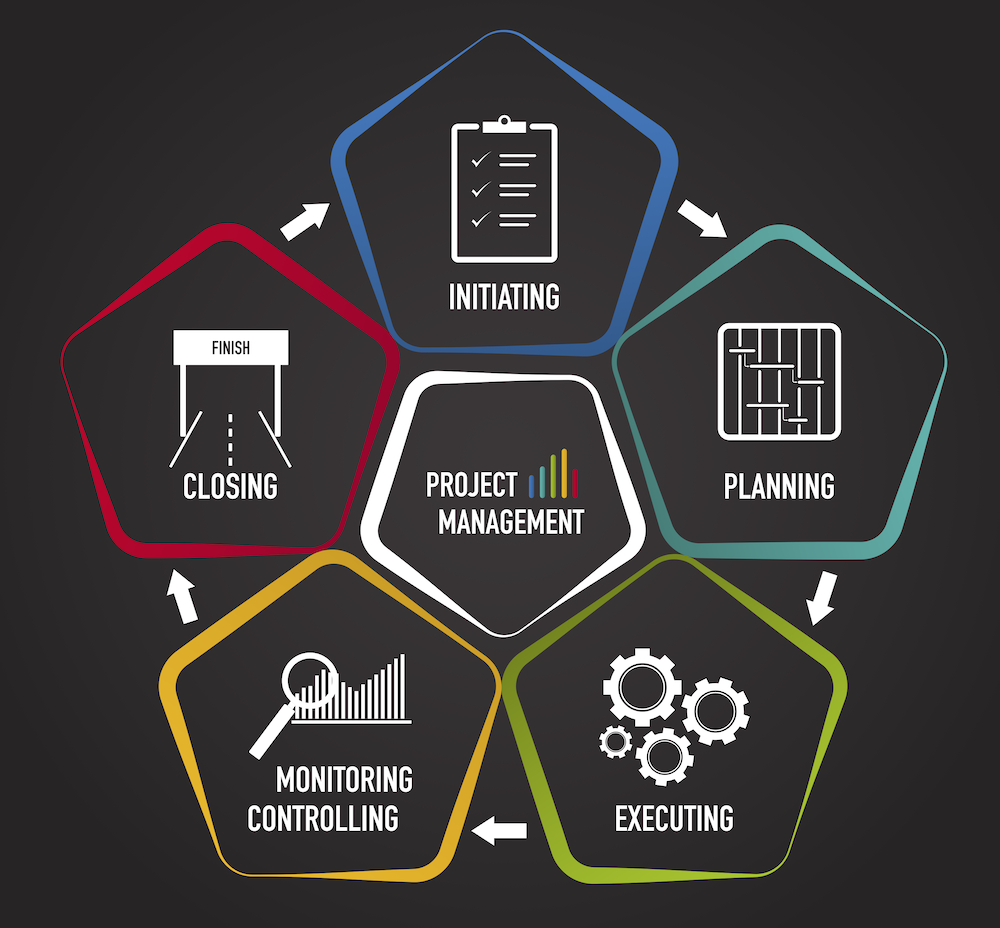12 Examples of Technology Skills That Employers Want

The technologies employees across industries use are evolving and changing at a rapid pace. As a result, professionals need to constantly adopt new skills to maximize productivity and achieve their business goals.
Rather than hiring new employees, you may consider taking a team- or company-wide approach to upskilling and reskilling the workforce as a manager or organizational leader. This can help you equip your staff with the competencies needed for success while also increasing employee retention and engagement.
The need for certain tech-focused skills has increased in recent years. This is especially true amid the COVID-19 pandemic. In the Emeritus 2021 Global Career Impact Survey, we assessed the effects of professional learning on the careers of 2,200 professionals worldwide who completed our online courses. Among other findings, we found that many respondents highly value tech-focused skills in today’s workforce due to an increased use of innovation, advancements in digital transformation, and greater use of technology.
Technology Skills Examples in the Workplace
Below are examples of technology skills that professionals identified in the survey as top upskilling needs for their teams or organizations.
Take a look at this tech skills list and consider your upskilling needs for your staff. Then, learn more about how you can work with Emeritus to develop online programs across disciplines for your team, company, or industry and address skills gaps.
1. Artificial Intelligence (AI) and Machine Learning
AI refers to the creation of computer systems that can complete tasks normally performed by humans to increase productivity and improve outcomes. In the Emeritus survey, nearly two-fifths (39%) of respondents identified AI as the most essential upskilling need for their team or organization. According to Forbes, AI will become increasingly present in the workplace even among those who don’t work in tech. It will weave its way into everything from recruiting and onboarding to workplace surveillance, and even employee training itself.
Hand in hand with AI is machine learning. IBM defines this term as a branch of AI and computer science focusing on leveraging data and algorithms to mimic how humans learn, “gradually improving its accuracy.” In the Impact Survey, 32% of respondents classified machine learning as a top tech skill in demand.
View all machine learning courses.
2. Analytics
Professionals identified business analytics (33%), data analytics (32%), marketing analytics (27%), and people analytics (13%) as upskilling needs for their teams or companies in our survey. Analytics refers to the process of identifying, analyzing, and communicating patterns in data.

In today’s world, data and analytics play essential roles in much of what we do because we constantly turn to digital technology in our personal and professional lives. Many online activities and tasks leave behind a trail of data. So, it makes sense that analytics are important in today’s workplace.
View all data analytics certification courses.
3. Automation
As technology evolves, machines have become able to complete certain tasks that traditionally had been done by humans. Automation is the completion of processes with minimal human intervention. With tech affecting nearly every aspect of our lives, it’s not surprising that a quarter of survey respondents identified automation as an upskilling need.
4. Data Science
While analytics and data science often complement each other, there are differences between the fields. According to the Harvard Business School blog, data analytics focuses more on how to use datasets and insights to take action, while data science centers more around building and organizing datasets.
Data scientists take data and make it easier to understand. The HBS blog says data science requires deep critical thinking. And, in our survey, 20% of respondents said data science was among the top upskilling needs for their staff.
View all data science courses.
5. Digital Marketing
Also high on the list of technology skills examples: digital marketing. This involves the use of digital technologies—think computers, mobile devices, tablets, and others—to promote specific products and services and enhance a brand’s presence. This can be done across multiple channels, including websites, emails, social media, search engines, and so on. One-fifth of survey respondents indicated that greater employee knowledge of digital marketing would help their business.
View all digital marketing certification courses.
6. Project Management
While not exclusively limited to tech fields, project management is a skill in demand among employers because it allows teams to stay organized and aligned on a project from start to finish. In today’s workforce, project management is especially essential for the completion of products and services in engineering and software development careers. In our survey, 15% of respondents identified project management as an upskilling need.
View all project management courses.
7. Blockchain
What is blockchain? As noted by Forbes, it’s a database technology that’s essential in nearly every cryptocurrency. Blockchain stores data and can record information about transactions in ways that make it difficult to alter or hack the system. Information is duplicated and distributed across a wide network of computer systems.
If you recognize a need for blockchain in your organization, you’re in good company. Twelve percent of respondents identified it in our survey as an important upskilling need.
8. UX/UI
User Experience (UX) and User Interface (UI) design focus on the user of a product (think a website or app) and aim to ensure the experience is optimized and simple. Nearly every business today has a website or app of some kind, so UX and UI might be essential to your organization. As explained on UX Planet, UI designers focus on how a user interface looks, while UX designers are more involved with how it operates. In our survey, 11% of respondents classified UX/UI as a top upskilling need.
9. Cybersecurity
Cyberattacks are widespread today. That’s one reason why cybersecurity is among the examples of technology skills that today’s employers want in their employees.
Cybersecurity refers to the technologies and processes used to protect computer systems, devices, and data from unauthorized access or attacks. While jobs such as blockchain developer and information security analyst are rising in demand, knowledge of cybersecurity can benefit other professionals, too.
In the financial services industry, for instance, nearly three-quarters of banks and insurers experienced cyberattacks between April 2020 and April 2021, in part due to digital transactions skyrocketing during the pandemic, according to BAE Systems. As a result, there’s a greater need for cybersecurity skills in the sector.
View all cybersecurity courses.
10. Coding
Coding is a way of communicating with computers in a language they can understand. Any time a mobile app or website is developed, coding is almost definitely involved. That’s why coding is among the technology skills in demand today.
Coding skills can lead to positions such as web developer or computer programmer. But knowledge of coding can also benefit professionals in industries ranging from finance to journalism.
View all coding bootcamps.
11. FinTech
As we noted in this blog post, fintech—a combination of finance and technology—refers to the use of technology to help businesses and consumers manage their financial processes, primarily through software and algorithms. Mobile banking and payments, cryptocurrency (such as bitcoin), and blockchain are all examples of fintech.
The fintech market is expected to reach a market value of $324 by 2026, growing annually by about 23%. The industry experienced growth during the pandemic with the dramatic increase in online transactions or activities when in-person interaction wasn’t possible.
12. Software Development
IBM Research defines software development as the computer science activities involved in creating, designing, and deploying software. According to the Bureau of Labor Statistics, employment among software developers (as well as software quality assurance analysts and testers) is expected to increase 22% between 2020 and 2030, which is considered much faster than average.
View all software development courses.
With these examples of technology skills in mind, consider which are needed most within your company. Then, it’s a matter of upskilling or reskilling to meet your organizational needs. The technology skills needed in the workforce are always changing, and keeping your skills up to date is especially important in this environment.
***
Looking to upskill or reskill your staff and close employee technology skills gaps? Work with us to develop top university content tailored for your industry, company, and team.


